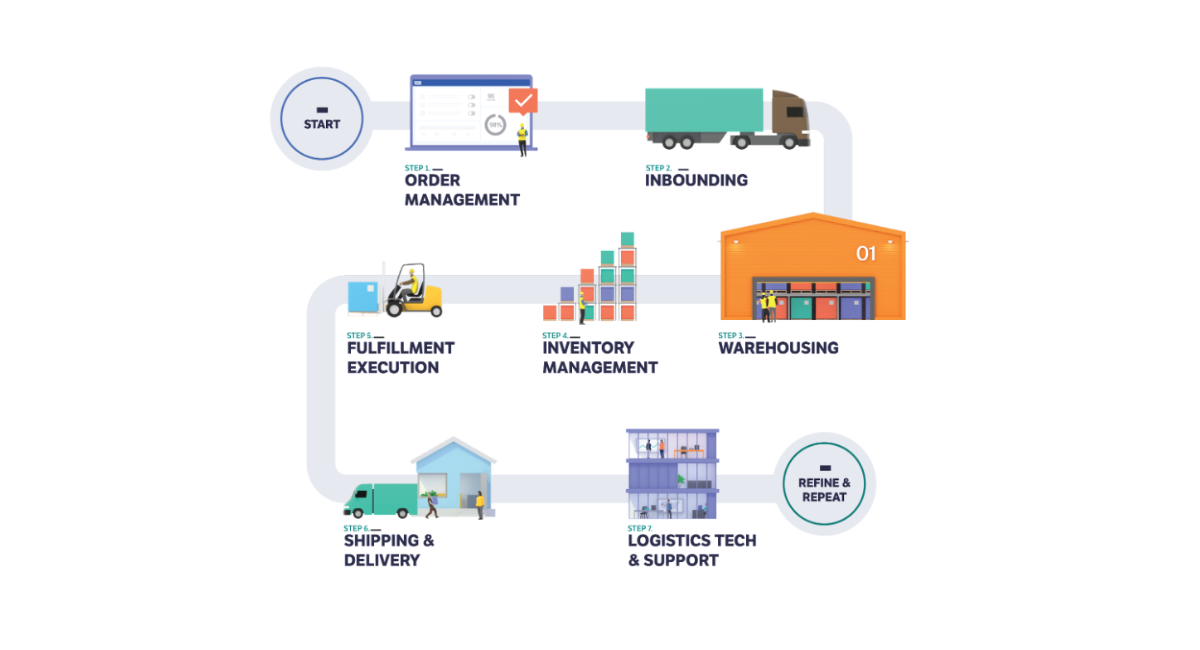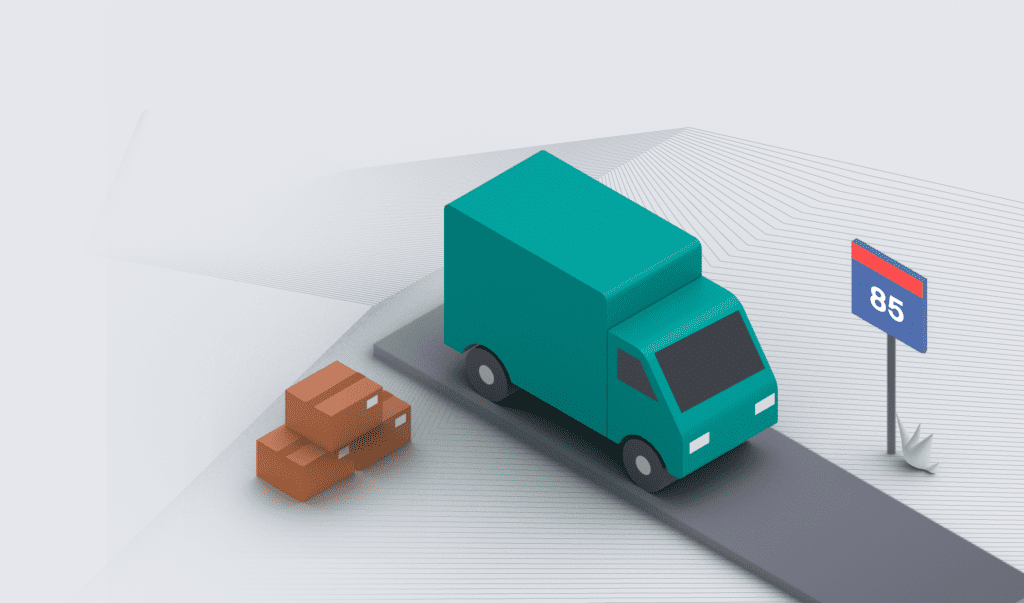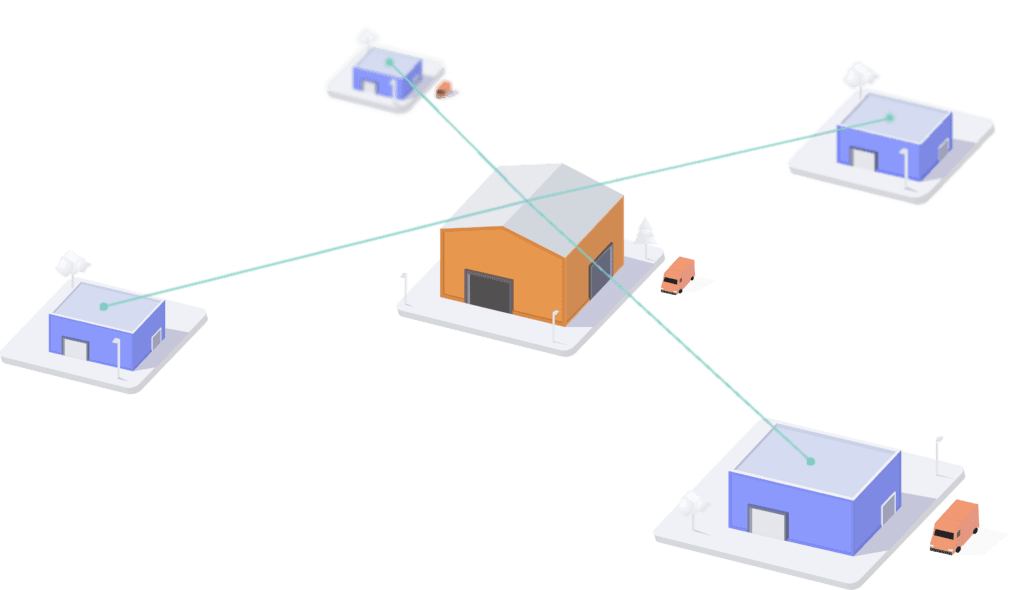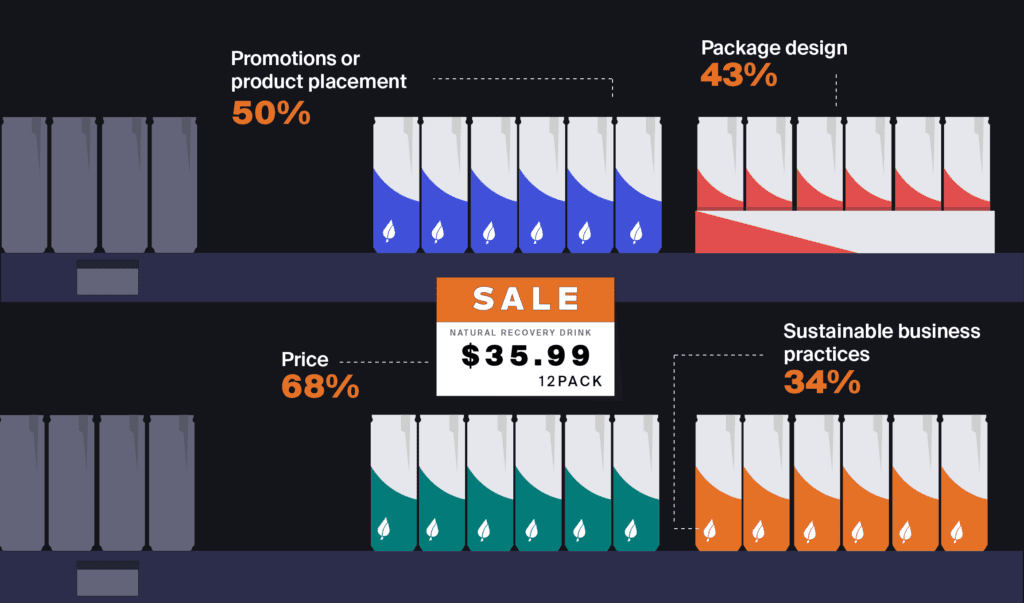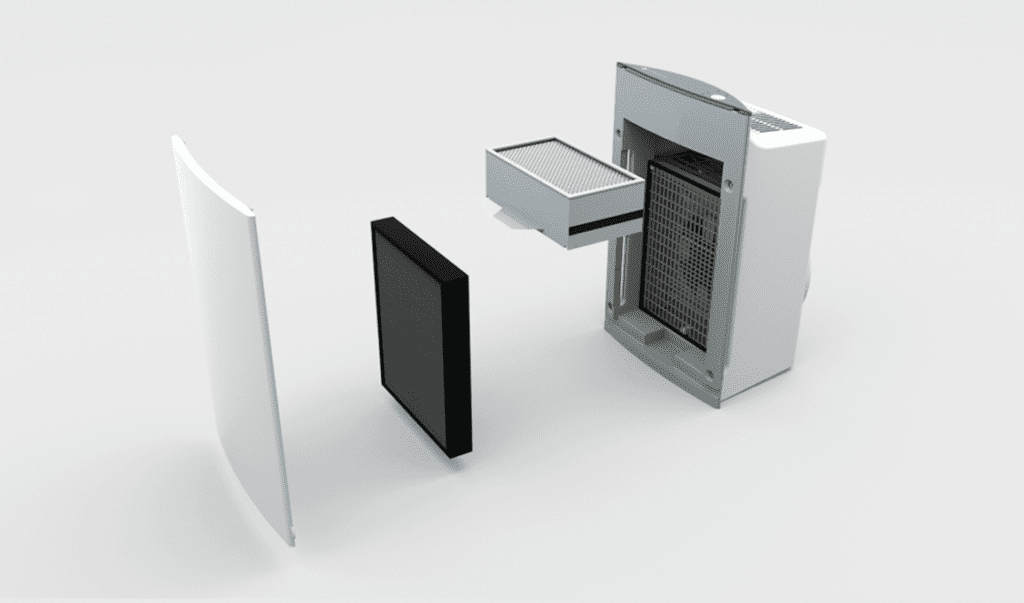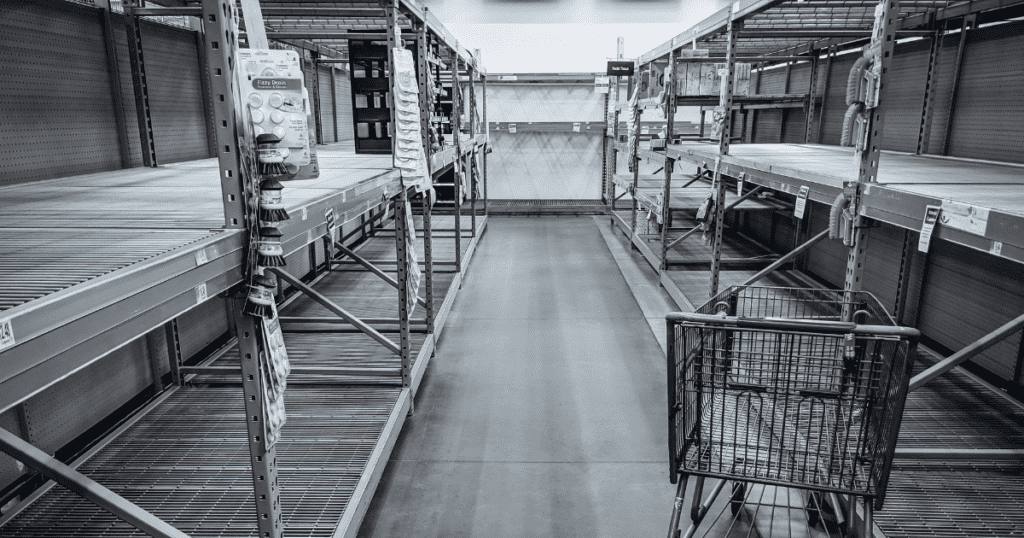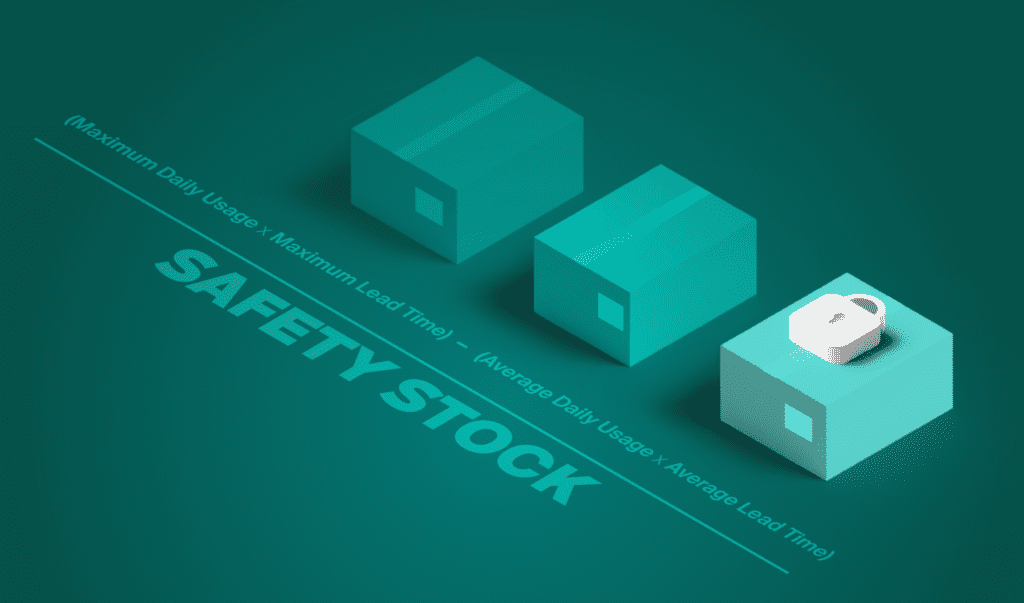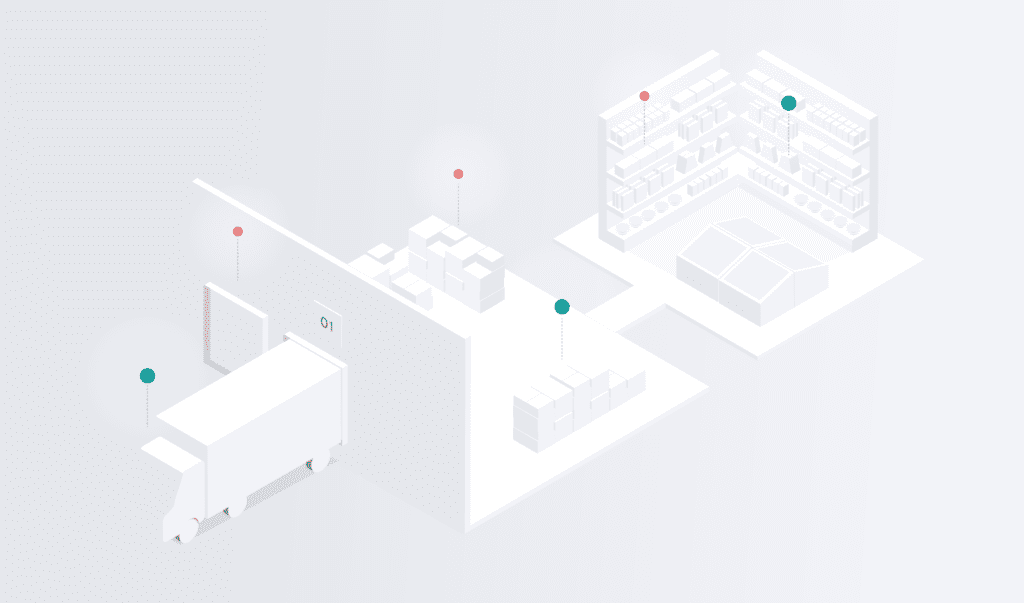Frequently Asked Questions
Flexible fulfillment is a strategy used by retailers to manage multi-channel sales channels and seasonal demand. Merchants using this method benefit from on demand warehousing, seasonal inventory needs and network availability to position the right products in the right places to meet customer demands.
Order fulfillment is the process of preparing, packing and shipping orders to customers. There are different types of fulfillment that businesses can use depending on operational support needs.
There are four main types of order fulfillment that you can use for your business. You can choose to handle everything in-house, which gives you full control but also comes with significant operating costs and logistics management.
Alternatively, you can outsource fulfillment to a partner who will then manage the entire process for you, which reduces your operating costs and saves hours a week managing logistics. There is also the option to do a hybrid fulfillment model, which gives merchants the flexibility to fulfill certain products in-house and outsource when and where needed.
The other main fulfillment type is dropshipping, which is when a business doesn’t keep products in stock, but instead purchases each order through a third party – manufacturer, wholesaler or another retailer – and they fulfill to the customer.
Omnichannel fulfillment is a sales strategy that involves listing products on multiple channels in order to establish a ubiquitous presence and get in front of as many consumers as possible. An omnichannel merchant will list their products on their own ecommerce website, on all major marketplaces (such as Amazon, Walmart Marketplace, eBay, and Wayfair), on social media, and in retail stores.
Check out our omnichannel fulfillment guide for more resources to optimize your strategy.
A fulfillment center is a facility that stores, processes and ships products to your customers. These are third-party service providers that handle the logistics required to fulfill orders so you don’t have to pick, pack and ship each order yourself.
The cost of fulfillment varies depending on your approach, volume and parcel size. If you choose to outsource fulfillment then you save a lot of money on managing warehouse locations, staff and day-to-day shipping. Additional costs, and cost savings, are dependent on factors like your product size, typically order volume, time in transit, and more.
Retail fulfillment refers to the process of storing, picking and packing, and shipping orders to customers.

